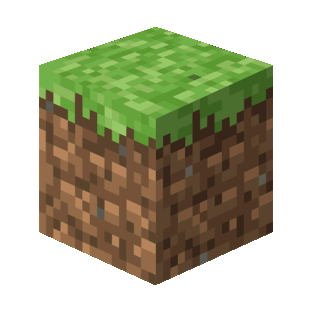Into my heart an air that kills
From yon far country blows:
What are those blue remembered hills,
What spires, what farms are those?
That is the land of lost content,
I see it shining plain,
The happy highways where I went
And cannot come again.
He cannot offer a specially formed, "artificial," language for philosohpy since, according to his dialectic of culture and spirit, philosophical knowledge must merge from within the development of actual knowledge and cultural forms, and not as an atificial imposition upon them. This gives rise to an "antinomy of language" within Hegel's theory; and his solution is rather pragmatic: instead of replacing the ordinary language, he chooses to manipulate it (sometimes, as we know, rather violently), using as his basic unit of discourse not the sentence but the paragraphm and sometimes the whole chapter. This unit allows him to go back on his initial statements, point out the contradictions and transformations they involve, and proceed in a progressive-regressive way that constantly closes give nloops of iscourse while opening new ones. This explains in part the impossible style of Hegel's systematic works and the fact that very frequently there is no clear meaning to a sentence or a group of sentences in themselves. They msut be understood from the "contextual movement" of whole bodies of discussion.
Ionesco's earliest theatrical works, considered to be his most innovative, were one-act plays or extended sketches: La Cantatrice chauve translated as The Bald Soprano or The Bald Prima Donna (written 1948), Jacques ou la soumission translated as Jack, or The Submission (1950), La Leçon translated as The Lesson (1950), Les Salutations translated as Salutations (1950), Les Chaises translated as The Chairs (1951), L'Avenir est dans les oeufs translated as The Future is in Eggs (1951), Victimes du devoir translated as Victims of Duty (1952) and, finally, Le Nouveau locataire translated as The New Tenant (1953). These absurdist sketches, to which he gave such descriptions as "anti-play" (anti-pièce in French) express modern feelings of alienation and the impossibility and futility of communication with surreal comic force, parodying the conformism of the bourgeoisie and conventional theatrical forms. In them Ionesco rejects a conventional story-line as their basis, instead taking their dramatic structure from accelerating rhythms and/or cyclical repetitions. He disregards psychology and coherent dialogue, thereby depicting a dehumanized world with mechanical, puppet-like characters who speak in non-sequiturs. Language becomes rarefied, with words and material objects gaining a life of their own, increasingly overwhelming the characters and creating a sense of menace.
